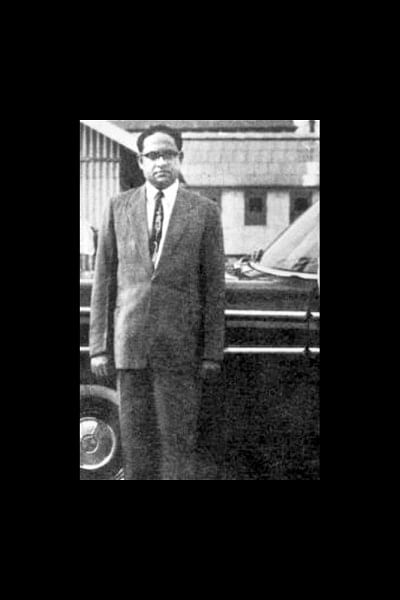The trial is more important than the accused

Bangladesh has suffered in 1971 but the extent of suffering has not been brought on record for the future historians. It was unfortunate that a Court of Inquiry was not set up. In this connection the writer addressed a letter to the Law Minister on 21.11.72 and quoting a portion of that letter here would not be out of place. The writer inter alia wrote:
I strongly feel that I should let you have my views regarding the trials of collaborators. I am not very sure if you are taking direct interest and sufficient care with regard to the conducting of these cases by Public Prosecutors. The way the trial of Dr. A.M. Malik was conducted has disappointed many. It seemed to me that emphasis was laid more on how to secure the conviction than to bring on records how the capitalist-imperialism of the latest type fully revealed itself in the Policy of the Military Regime of Yahya-Tikka Khan. I am afraid we have lost a unique opportunity to expose Pakistan and reactionary force in the country which should have been the political purpose of the trials. "Mr. Sirajul Haq's eloquence during the arguments do not form part of court records. For the coming generations and for students of history Dr. Malik's statement U/S 342 would find more important place than submissions of Messrs. Sirajul Haq and Ataur Rahman Khan.
"In the collaborators' trials people are concerned with the evidence of cold-blooded genocide, mass murder and torture. It is never expected that all murderers will ever be caught and it is accepted that many murderers will continue to live with us for the next quarter of a century as respectable citizens. But the world must know what modus operandi the capitalist-Militarism adopted in Bangladesh 'for the final solution of Bangalee problem.'
"The world is still waiting to know how the Razakars became a symbol of terror, a privileged group with sinister power, how Al-Badar, the executive of murders, caused the death of hundreds of intellectuals who were mostly innocent and non-belligerent. There is difference between war crimes and activities of collaborators. The trials of collaborators are not just to secure punishments of the criminals and murderers but to ensure that the same may not happen again in the foreseeable future. The more trials there are lesser the chance of the revival of militarism and fanaticism. In war crimes the general defence is 'I acted strictly under orders. I swear that I helped many people' -- but the collaborators cannot have that plea.
"You have to take note of public reaction. The question generally posed is 'Do we have to rake up the past, piling new hatred upon old?' It is because most people want to forget as they do the nightmares to enable them to live again. They like to surround themselves with a protected shell, trying hard not to think of what happened during those ten months. They are convinced that Military Regime's crimes can never be avenged. They cannot be atoned for. Even if all the War criminals and collaborators could be brought to trial, which is unlikely, it would not balance the enormity of their crimes. Three million dead, a hundred thousand women violated, thousands of children killed, how could such crimes be balanced by earthly justice? Our Penal Code recognizes the crime of murder -- murder of one person, or two or fifty or possibly a thousand but the systematic extermination of three million people blasts the framework of all Law. One thousand dead is catastrophe three million dead is only statistics.
The people insist that every nation has its collaborators. It was typically diabolical touch on the part of Tikka-Niazi-Forman Ali military coterie to force Bangalees to kill their own people. These arguments, I have no doubt in mind, are the result of an acute sense of guilt in those persons who know much more than they now admit.
The trial, therefore, is more important than the accused. These trials are only attempts to create a symbolic memorial to the dead and perhaps provide a warning against future excesses. We owe it to our dead to tell the living what had happened and thus call the conscience of the world. We would like to establish a historical record while the memory of the eye-witnesses was still fresh."
Source : Kamruddin Ahmad, A Socio Political History of Bengal, Published by Pioneer Press , 1975.

 For all latest news, follow The Daily Star's Google News channel.
For all latest news, follow The Daily Star's Google News channel. 



Comments